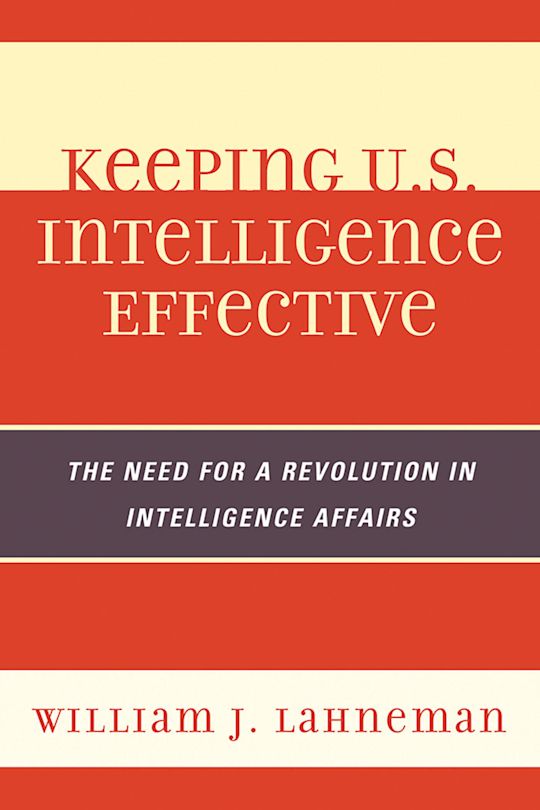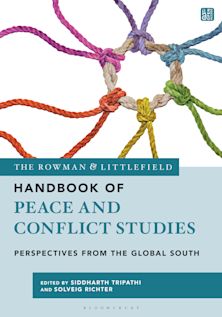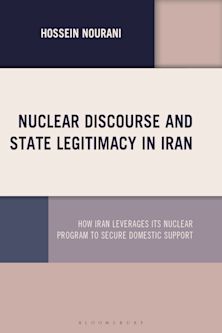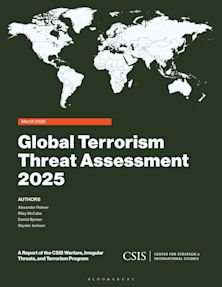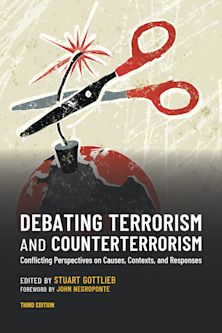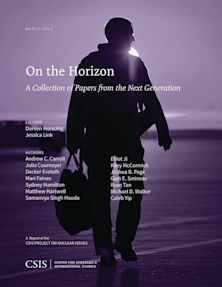- Home
- ACADEMIC
- Politics & International Relations
- Security and Strategic Studies
- Keeping U.S. Intelligence Effective
Keeping U.S. Intelligence Effective
The Need for a Revolution in Intelligence Affairs
Keeping U.S. Intelligence Effective
The Need for a Revolution in Intelligence Affairs
You must sign in to add this item to your wishlist. Please sign in or create an account
Description
Keeping U.S. Intelligence Effective: The Need for a Revolution in Intelligence Affairs explores whether the U.S. intelligence enterprise will be able to remain effective in today's security environment. Based on the demands currently being placed upon the intelligence community, the analysis concludes that the effectiveness of U.S. intelligence will decline unless it embarks upon an aggressive, transformational course of action to reform various aspects of its operations.
In keeping with the emerging literature on this subject, the book asserts that a so-called Revolution in Intelligence Affairs is needed. The need for a Revolution in Intelligence Affairs implies that no amount of evolutionary adjustments to existing intelligence community practices will keep U.S. intelligence effective. While evolutionary reforms might be necessary, they will not be sufficient to permit the intelligence community to target successfully the various threats and emerging issues that populate today's and tomorrow's security environment.
Product details
| Published | 15 Mar 2011 |
|---|---|
| Format | Ebook (Epub & Mobi) |
| Edition | 1st |
| Extent | 228 |
| ISBN | 9780810875425 |
| Imprint | Scarecrow Press |
| Series | Security and Professional Intelligence Education Series |
| Publisher | Bloomsbury Publishing |
About the contributors
Reviews
-
Lahneman is not optimistic about the continued effectiveness of the US intelligence community in the dynamic and complex security environment in which it operates today. The author notes that the intelligence community is still basically organized around the central task of "learning secrets" from a single, major, state-based threat, using technical means. It is not well situated to solve mysteries arising from multiple, widely dispersed threats of a non-state-supported nature. The contemporary security environment demands greater exploitation of human intelligence and open sources, areas in which the US intelligence community remains demonstrably weak. It is not that the intelligence community has simply refused to change since the Cold War but that the changes in methods and organization have been evolutionary while the changes in the security environment have been revolutionary. What is needed, according to Lahneman, is a "revolution in intelligence affairs." Whether such a revolution is forthcoming remains unclear, but the author's argument is well worth considering nonetheless. Recommended.
Choice Reviews
-
I recommend the addition of this work to academic or personal libraries of those with an interest in policy and change in the IC. It is an easy read, something that is often a real challenge when debating policy. It also presents cogent and well-documented reasons for change, and acknowledges competing hypotheses. Bill Lahneman deserves congratulations for having the temerity to tackle such a tough issue. Though readers may not agree with all of his perspectives, they are thought-provoking and interesting.
American Military Intelligence Journal
-
This is a useful work that should stimulate debate on the most effective structure for the U.S. intelligence community.
American Reference Books Annual
-
William Lahneman’s book is indeed such an ambitious project. . .It is good that Lahneman has consulted a sizable number of experts [including] Jacques Gansler, William Nolte, and George Fidas, among others readily recognizable to the Community. . . .I recommend the addition of this work to academic or personal libraries of those with an interest in policy and change in the IC. It is an easy read, something that is often a real challenge when debating policy. It also presents cogent and well-documented reasons for change, and acknowledges competing hypotheses. Bill Lahneman deserves congratulations for having the temerity to tackle such a tough issue.
American Intelligence Journal









